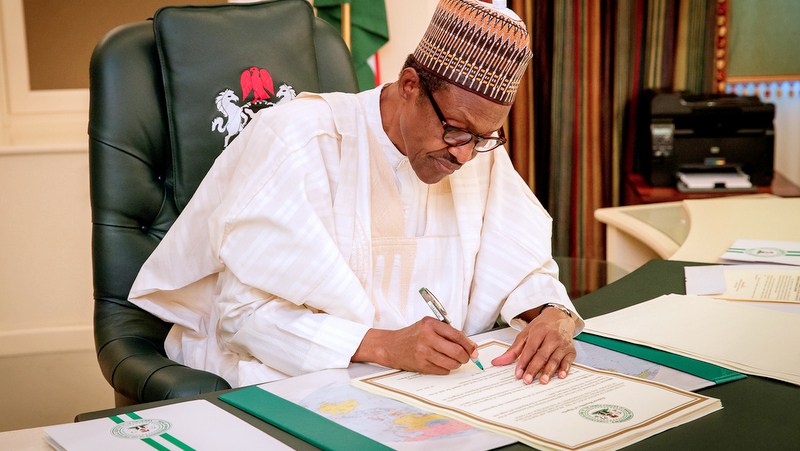The federal government and African Development Bank, AfDB, yesterday launched a comprehensive $258 million multi-sectoral intervention fund for North East rehabilitation programme.
The programme, tagged ”Inclusive Basic Service Delivery Livelihood Empowerment Integrated Programme”, is aimed at bolstering rehabilitation efforts in the region.
The event, which was launched by Nigeria’s Vice President Yemi Osinbajo at the African Development Bank premises, was attended by governors of five North East states, ministers, development partners and key stakeholders.
In his address, Prof. Osibanjo described it as a landmark intervention in support of the region, which had suffered devastation from insurgency.
He said: “It has been gratifying to note how enthusiastically our friends and partners have rallied to our support, mobilizing resources to tackle the crisis in the North East.
”We would like to express the profound appreciation of the Federal Government to the bank for being a partner in progress with us. When the story of the region’s recovery is told, the work of African Development Bank will occupy a well-merited and prominent chapter.”
According to him, governments of North East states will implement the bank’s US$258 million programme, with Federal Government’s support.
”In terms of impact, 14 million affected people, including 2.3 million internally displaced persons, IDPs, will benefit from health, nutrition, education, water and sanitation services.
”The Programme is targeting 9,000 IDPs and heads of vulnerable households who will receive direct economic assistance, while 2,023 small and medium scale enterprises (79% women) will receive business development support.
”About 2,900 construction artisans and mechanics in the informal sector will also get help to improve their productivity. The initiative envisages that 2,000 unskilled youth will be trained for employment,” Osinbajo added.
In his address, President of African Development Bank, Akinwumi Adesina, who was represented at the programme by the bank’s Senior Director in Nigeria, Ebrima Faal, highlighted the programme’s emphasis on inclusivity.
Adesina said: “It incorporates special gender considerations by ensuring that women are active participants in all stages of the project and providing training for women and youth entrepreneurs to increase their chances for employment and business opportunities.
“The bank has remained a strong partner of the federal and state governments in their efforts to restore livelihoods in the North East. For instance, throughout the period of heightened conflict in the region, the bank intervened with two critical programmes in Yobe and Taraba states.
”The experience gained and lessons learned from implementing these two projects are incorporated in the design of the current intervention.”
In his remarks, Bauchi State governor, Mohammed Abubakar, thanked the bank for putting together what he described as the first integrated and inclusive plan for the rebuilding of the North East.
“Part of the underlying factors that led to the crazy phenomenon of Boko Haram is illiteracy and lack of economic capacity. For the first time, we have now a program that attempts to address all these issues at once,” he said.
Chairman of the Presidential Committee on the North-East Initiative, Theophilus Danjuma, in his remarks, pointed out that ‘‘given the growing traffic of displaced persons back to their home communities, the provision of essential services and job creation in safe locations will play a huge role in ensuring the sustainability of post-crisis recovery.’’

